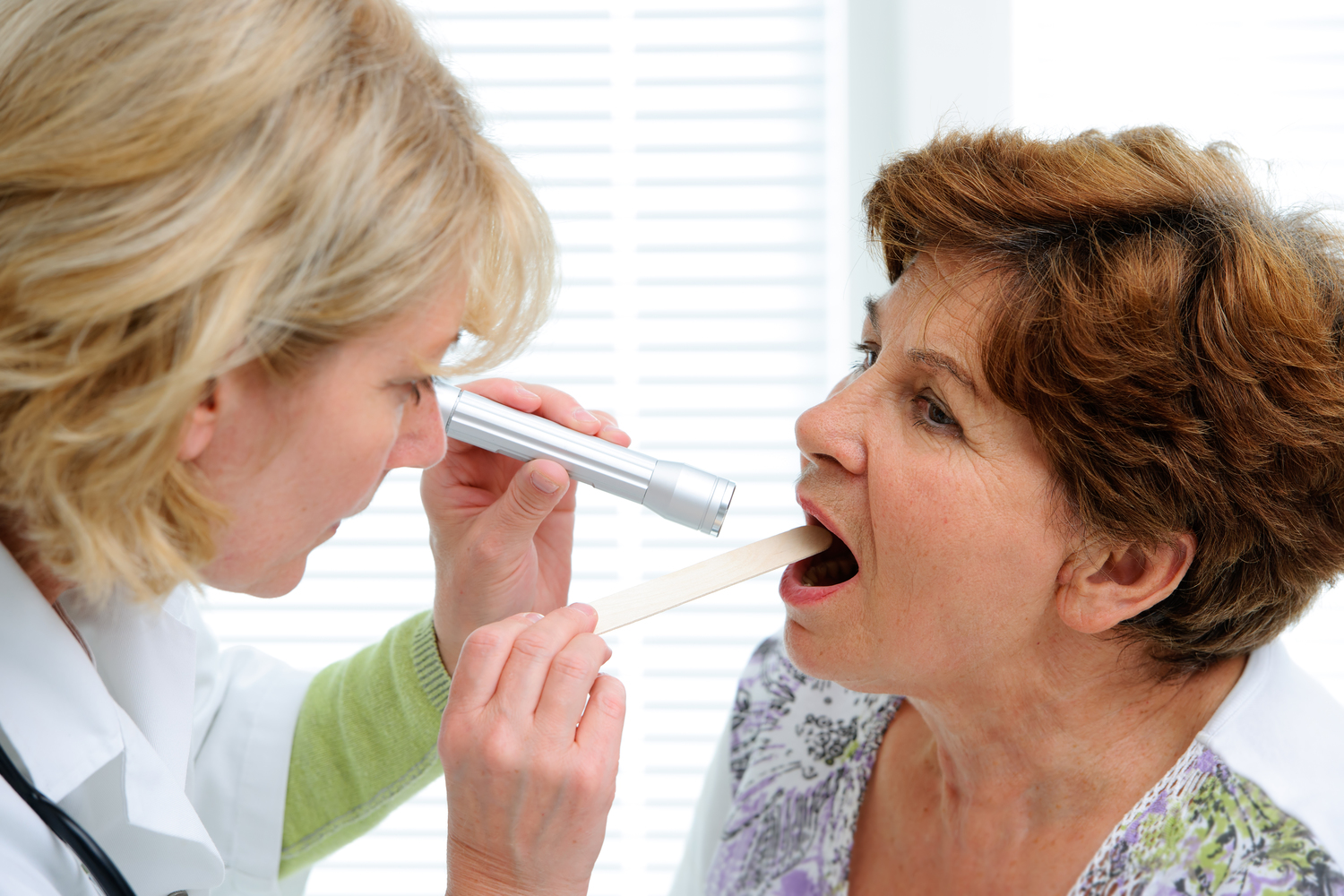
Causes and symptoms of oral thrush
Candida is a yeast that is normally present in the human body. Like the saying goes “too much is too bad,” too much of candida is bad for the body as it causes a fungal infection called candidiasis. When the T-cells, which are responsible for balancing the candida level in the body, are disoriented, the candida yeast which is a type of fungi accumulates in the mucous linings like the mouth, vagina, and also sometimes spread to other parts of the body. There are more than 20 types of candida yeasts out of which Candida albicans is the most common. When the candida yeast causes infection in the mouth, it is commonly called thrush.
Signs and symptoms of thrush
- White lesions will form usually on the tongue and inner cheeks. Sometimes the fungus may spread to the roof of the mouth, gums or tonsils, and the back of the throat.
- They are slightly raised white patches which seem like cottage cheese and have a cottony feeling in the mouth.
- These lesions may cause redness, burning or soreness in the mouth. The infection may become severe and cause difficulty in eating or swallowing. There may be bleeding in the mouth with accidental rubbing or scrapping.
- The mouth may crack at the corners turning red in color.
- A person with thrush may experience loss of taste.
- A person having dentures may feel irritation and pain under dentures.
- Asymptomatic lesions may be noticed by a dentist while on a dental appointment.
Causes of thrush
- Oral thrush often affects people with low immunity. It is more likely to affect babies and older adults who have weakened immunity.
- It could also affect people with other health conditions. Uncontrolled diabetes, HIV infection, cancer are some of the underlying issues that could make way for thrush.
- Those who are on medications for chronic diseases are more likely to suffer from thrush. Medications like corticosteroids or antibiotics may disturb the balance of candida fungus in the body.
- Stress could be another cause for thrush.
- Habitual smokers are more likely to develop thrush.
- Dentures not having a right fit are likely to cause irritation in the mouth triggering thrush.
- Babies having thrush are more likely to pass on to the mothers while breastfeeding.
Complications related to thrush
- Where a person is having a suppressed immune system due to old age or an underlying condition, thrush may become severe and spread to the esophagus causing pain and difficulty in swallowing. It may also give a feeling that the food is stuck in the throat.
- Breastfeeding infants may have difficulty in feeding and it causes them to be irritable.
- Fungus causing thrush can spread to other parts of the body like the liver, lungs, and skin and cause fever due to severe infection.
It is advisable to see a doctor or a dentist immediately when the lesions occur in the mouth. This will prevent any further complications.



